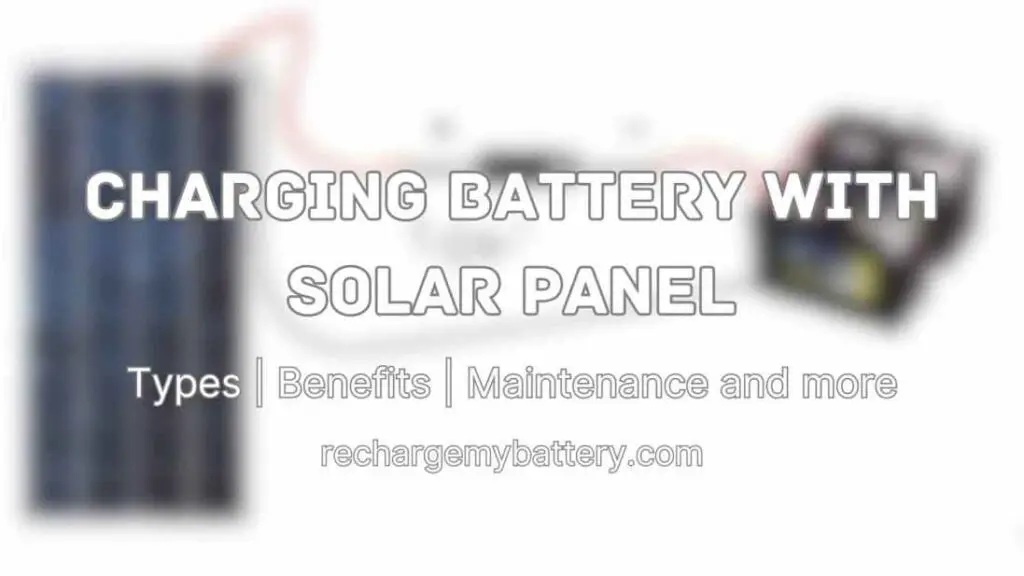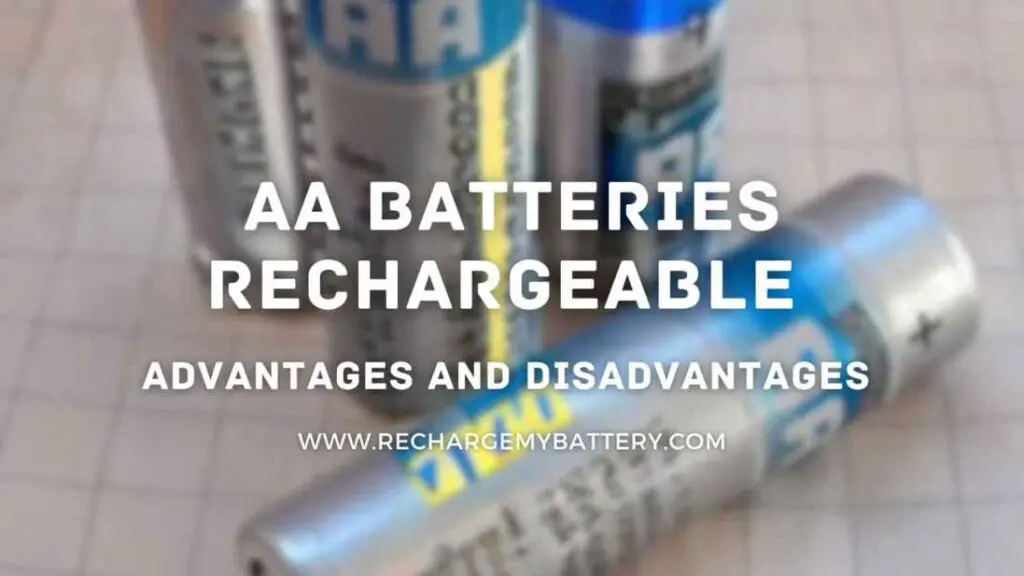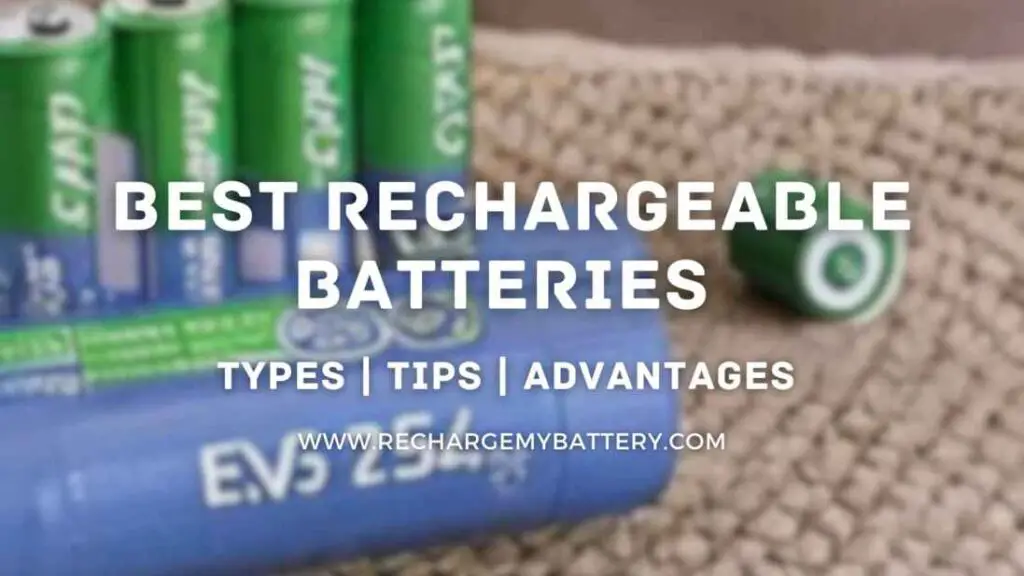In this article, we will delve into the intricate process of charging battery with solar panel. We will discuss the various types of batteries that are compatible with solar charging and provide valuable insights into selecting the appropriate solar panel for this purpose.
Furthermore, we will highlight the numerous benefits associated with adopting this environmentally friendly approach to power generation. Stay tuned as we embark on an enlightening journey into the world of solar battery charging.
How do Solar Panels Work?
The functionality of solar panels revolves around the fundamental principle known as the photovoltaic effect.
Functionality
When sunlight makes contact with the surface of solar cells embedded within the panel, it initiates the creation of an electric field, resulting in the generation of direct current (DC) electricity. This electricity, harnessed from the solar panel, can be employed to charge batteries efficiently.
It is worth noting that solar panels comprise numerous interconnected solar cells, and their collective output is quantified in terms of watts, representing the power they can generate.
Types of Batteries
The realm of energy storage encompasses a diverse array of battery types, each possessing distinct advantages and limitations.
1. Lead-acid batteries
They are renowned for their affordability and find widespread utilization in off-grid solar systems.
2. Lithium-ion batteries
Their superior energy density and extended lifespan, have gained popularity in both residential and commercial settings.
3. Nickel-cadmium batteries
These are valued for their resilience and ability to withstand extreme temperature conditions. This assortment of battery options empowers users to choose the most suitable technology for their specific energy storage requirements.
Selecting the Right Solar Panel
The process of selecting an appropriate solar panel for battery charging necessitates careful consideration of several crucial factors.
Primarily, it is essential to ascertain the specific wattage and voltage requirements of your battery system. This knowledge serves as a guide in choosing a solar panel that can deliver the requisite power output to meet your needs effectively.
Moreover, taking into account the efficiency and durability characteristics of the solar panel is paramount to ensuring optimal performance and long-term reliability.
By meticulously evaluating these aspects, you can confidently select the right solar panel to facilitate efficient battery charging.
Charging Battery with Solar Panel
When charging battery with solar panel, it is crucial to establish the correct connection. The direct current (DC) output of the solar panel is typically linked to a charge controller, which assumes the responsibility of overseeing the charging procedure and safeguarding against overcharging.
By regulating the voltage and current, the charge controller ensures that the battery undergoes a safe and efficient charging experience. Acting as a conduit between the solar panel and the battery, the charge controller plays a pivotal role in facilitating the charging process with optimal precision.
Factors Affecting Charging Performance
The performance of charging batteries with solar panels is influenced by various factors that warrant careful consideration.
- Intensity and duration of sunlight – It directly affects the charging speed, with ample exposure leading to more rapid charging.
- Angle and orientation of the solar panel – Optimal sunlight absorption can be achieved by positioning the solar panel at the appropriate angle and orientation
- Temperature – It is important to acknowledge the impact of temperature on charging efficiency, as extreme heat or cold conditions can potentially affect the overall performance of the charging process.
Benefits of Charging Batteries with Solar Panels
Charging batteries with solar panels offers numerous advantages. These are:
- Cost savings – Charging batteries with solar panels harnesses free solar energy, resulting in reduced reliance on the grid and potential cost savings.
- Energy independence – Solar charging promotes independence, particularly in remote areas where access to traditional electricity sources may be limited.
- Environmental benefits – This eco-friendly approach reduces carbon emissions and contributes to the preservation of the environment.
- Versatility and portability – Solar panels are versatile and can be used in various applications, and their portability enhances their convenience and flexibility.
Applications of Solar Battery Charging
Solar battery charging finds practical use in different scenarios. These include:
- Off-grid living and camping – Solar battery charging is ideal for individuals living off-grid or camping, allowing them to power their appliances and devices using solar-charged batteries.
- Remote locations – In areas without access to traditional electricity sources, solar panels can be used to charge batteries, providing essential power for various needs.
- Solar-powered vehicles and boats – Solar charging plays a vital role in sustainable transportation, enabling the charging of batteries in solar-powered vehicles and boats, reducing reliance on fossil fuels.
Maintenance and Care
To ensure optimal performance, regular maintenance of the solar panel and battery is necessary. Some steps are:
- Cleaning the solar panel – Regularly clean the surface of the solar panel to remove dust, debris, and bird droppings, as this enhances its efficiency.
- Monitoring the battery – Keep track of the battery’s health by checking its voltage and capacity regularly. This helps identify any potential issues and allows for timely maintenance.
- Troubleshooting common problems – Address common issues such as loose connections or damaged cables to ensure uninterrupted charging and optimal performance of the system.
Future Trends and Innovations
The solar energy industry is constantly evolving, and advancements in solar panel technology are on the horizon. Some include:
- Advancements in solar panel technology – Ongoing research aims to enhance the efficiency and durability of solar panels through the exploration of new materials and innovative designs.
- Integration with smart grid systems – The integration of solar panels with smart grid systems allows for better management of solar power, optimizing energy consumption and improving overall energy efficiency.
- Energy storage advancements – Continuous developments in energy storage, including more efficient and cost-effective batteries, will play a crucial role in revolutionizing solar battery charging and expanding its potential.
Conclusion
In conclusion, charging battery with solar panel is a sustainable and cost-effective method that offers energy independence, reduced carbon footprint, and versatile applications.
By selecting the right solar panel, understanding the charging process, and considering maintenance, individuals can rely on reliable and eco-friendly power sources, contributing to a greener future and taking control of their energy consumption.
That’s all for this article. Thank you so much for reading it.


